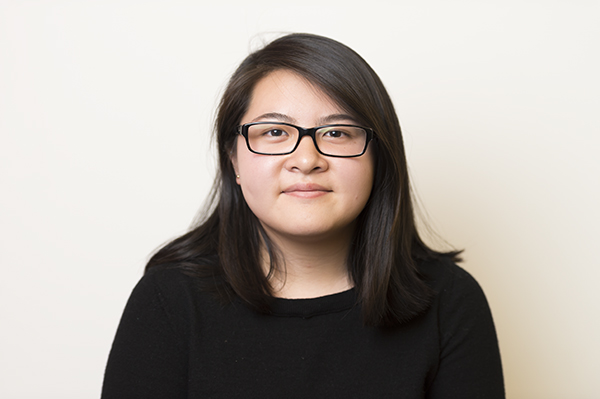A New Course of Empathy in Refugee Politics

March 21, 2016
Across Europe, an exodus is taking place. The influx of refugees from the Middle East has created social tension across the continent, fueled the rise of nativism and contributed to paranoia and racism. National governments and the European Union are racing against time to find an effective and humane solution for their citizens and the people trying desperately to
join them.
Times like these are a reminder of how even international events can touch our lives. Though not all of us have personally have met refugees, a nation’s treatment of them sets the precedent for how individuals think and respond empathetically or otherwise. The rise of anti-refugee rhetoric in Germany, for example, has contributed to chaos on both sides of the debate. Pro-refugee officials are suddenly swamped with complaints, controversies and logistical nightmares. Meanwhile, anti-refugee protests swell and overrun cities, determined to intimidate and force their agenda into the issue.
The most alarming part of this type of movement is how infectious it is. Consider the number of seemingly well-adjusted people who have seized onto xenophobia as a defense against a nation’s ills — it is a pattern that occurs over and over again in history because finding a scapegoat is easier than having the necessarily complicated conversation about what is really going wrong. It is essential for any nation, including the United States, to be cognizant of this trend if that nation is going to combat it.
The Norwegian government works with nonprofit groups to stage refugee camp reenactments, for instance, as part of a mandatory civics lesson. European nations sometimes have what is called a “civic confirmation,” where young people participate in workshops to prepare them for the adult world. This way, Norwegian students are taught to seriously consider their position relative to the dangerous world that awaits those who are trapped in international limbo like refugees are. Norway’s government, and others like it, is taking an active role in trying to educate and ensure that the future of their nation takes a clear-headed and compassionate path.
This kind of civics training would not be applicable in every country, but that doesn’t mean there is nothing we can do to educate ourselves and the people around us. Even taking a few seconds to stop and think about what it would be like to be in someone else’s shoes goes a long way towards learning to be more empathetic. Especially for people who have resources, who aren’t struggling, there really is little excuse for scapegoating. As we’ve seen in this election cycle and ones like it around the world, it is far too easy to succumb to predatory feelings and anger. The optimist in me wants to believe that people are better than that.
Opinions expressed on the editorial pages are not necessarily those of WSN, and our publication of opinions is not an endorsement of them.
A version of this article appeared in the Monday, March 21 print edition. Email Emily Fong at [email protected].
























































































































































